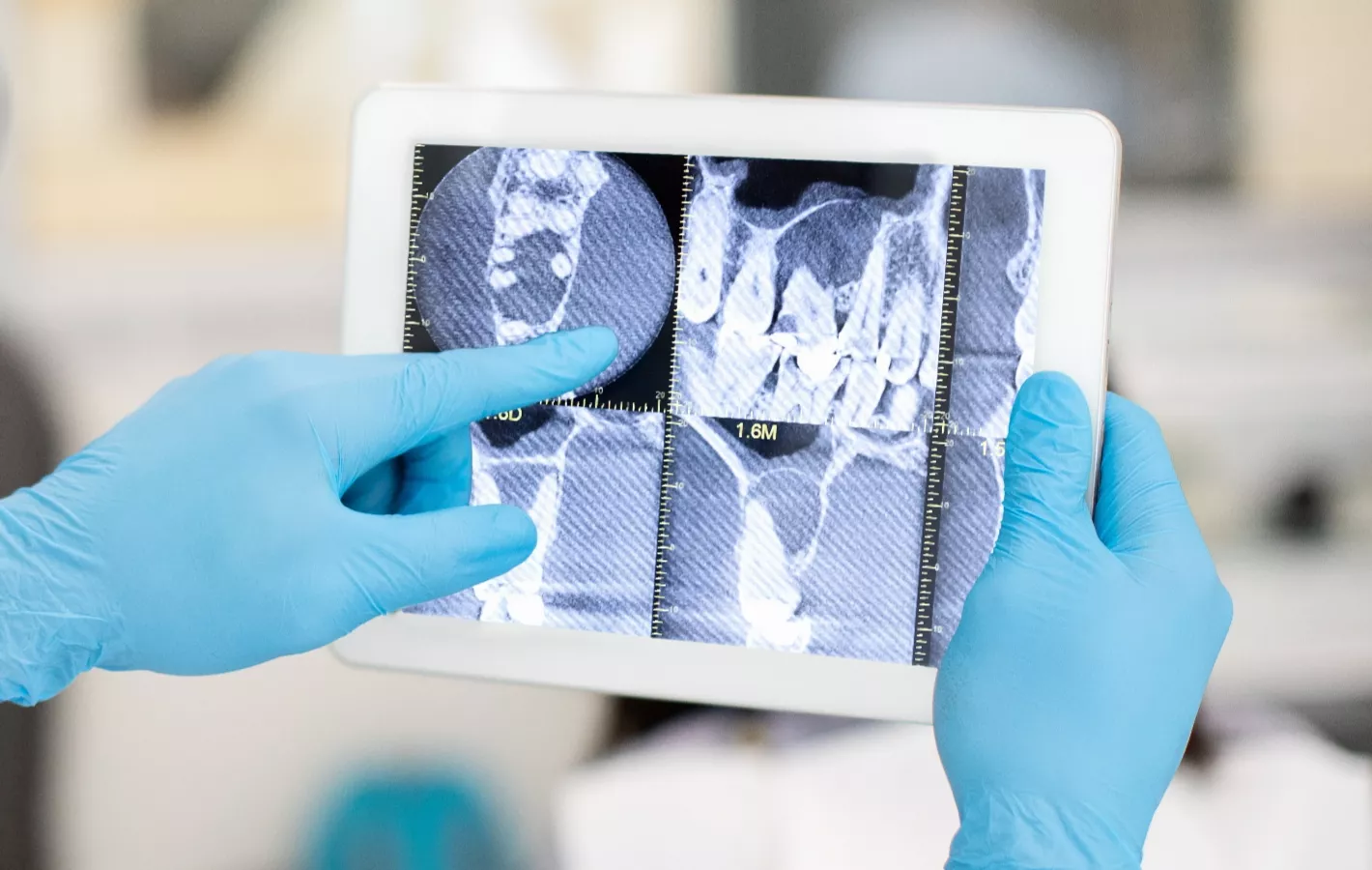What is Dental Bone Grafting ?
If you have missing teeth, you may be considering dental implants. You may need to have a bone graft if you don't have enough bone in your jaw.
Dental bone grafting is a procedure that adds bone to your jaw to improve the quality and quantity of bone available for dental implants.

Why Do I Need A Bone Graft ?
You may have experienced bone loss after a tooth is extracted. A bone graft replaces bone that has been lost due to tooth extraction. When a tooth is extracted, the bone that supports it starts to resorb (break down).
This can lead to a decrease in the height and width of the jawbone, which can make it difficult to place dental implants or dentures in the future.
Dental bone grafts are also used to treat gum disease. Treat gum disease. Gum disease can cause the bone that supports your teeth to break down. This can lead to tooth loss and facial changes. A bone graft can help to rebuild the lost bone and prevent further tooth loss.
What Are the Benefits of Bone Grafting ?
-
Improved stability of dental implants
-
Increased success rate of dental implants
-
Reduced risk of complications
-
Improved chewing function
-
Enhanced appearance

